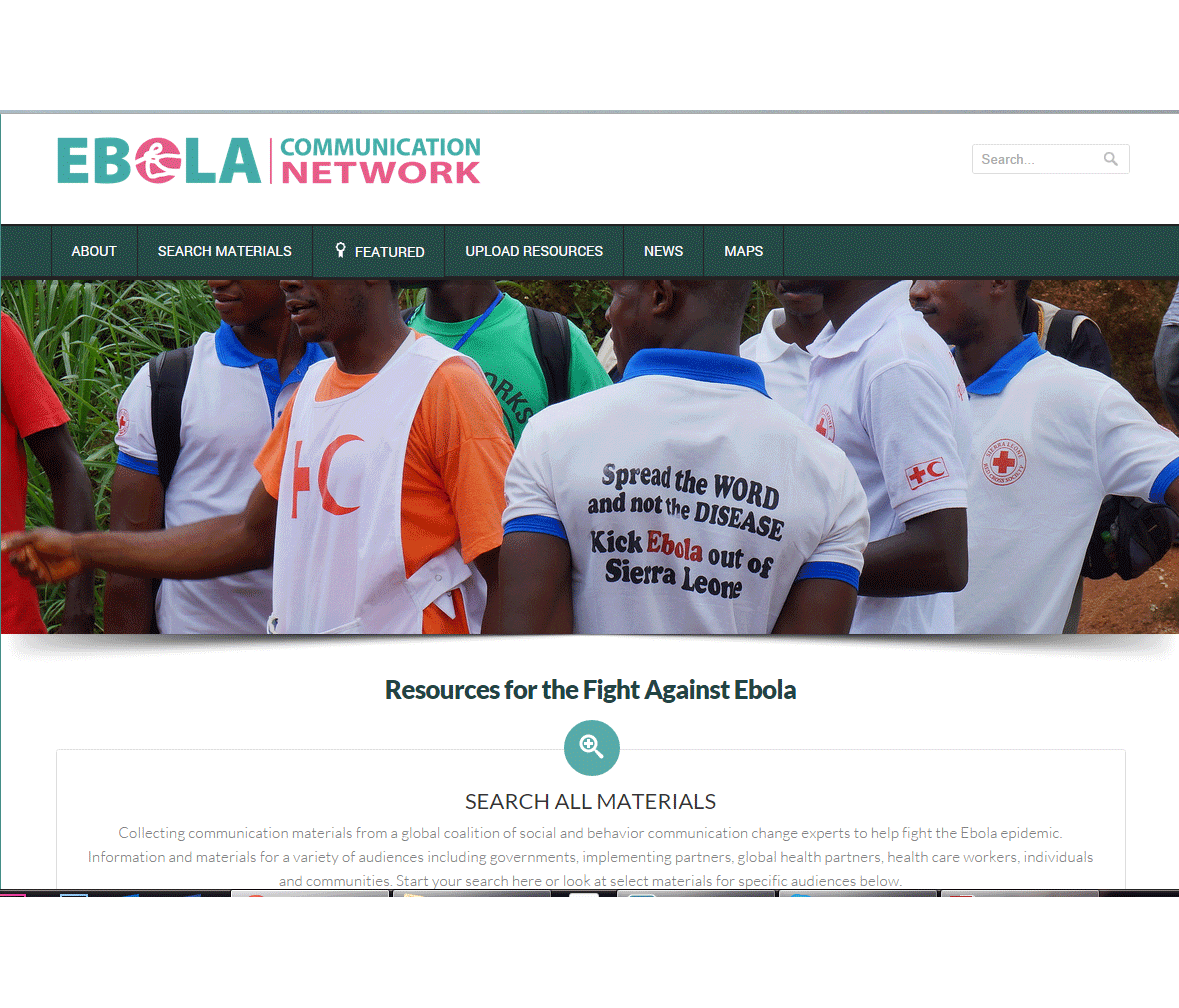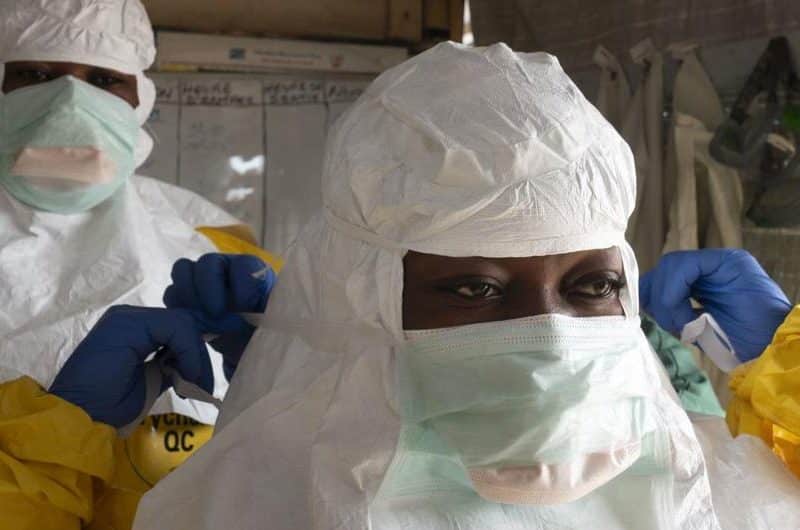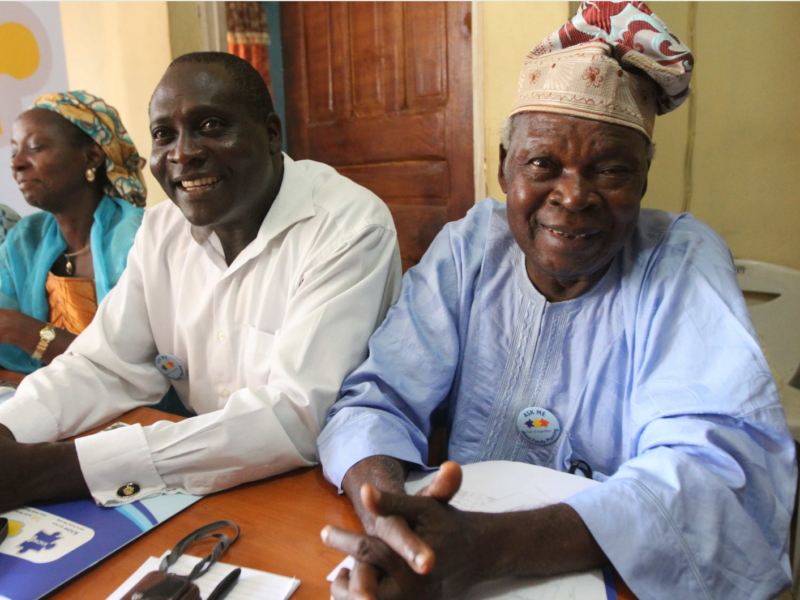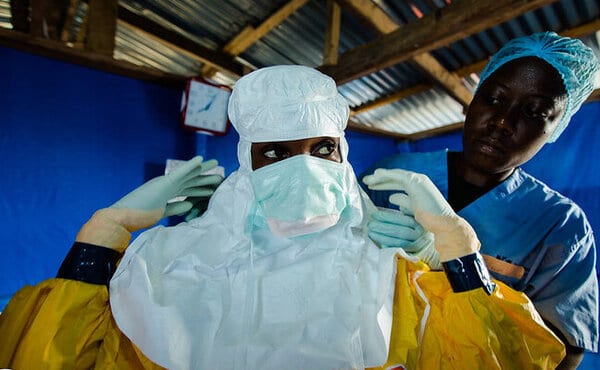The Health Communication Capacity Collaborative (HC3) on Wednesday launched the Ebola Communication Network (ECN), an online collection of Ebola resources, materials and tools from and for the global health community.
As global health experts continue to grapple with the rapid spread of the Ebola virus in West Africa, HC3’s funding agency, the U.S. Agency for International Development (USAID), and other partners – the Centers for Disease Control and Prevention (CDC), the International Federation of Red Cross and Red Crescent Societies (IFRC), UNICEF and the World Health Organization (WHO) – asked HC3 to quickly develop an organized online portal to house Ebola-related social and behavior change communication (SBCC) materials, as well as other resources and tools.
“The Ebola Communication Network provides the global health community with a well-organized, curated collection of the most relevant documents, materials, tools and resources to help fight Ebola using social and behavior change communication,” said Susan Krenn, Director of the Johns Hopkins Bloomberg School of Public Health Center for Communication Programs (JHU∙CCP), where HC3 is based in Baltimore. “We know SBCC will play a key role in containing the Ebola virus because people need to know how to prevent it, how to recognize signs and symptoms, how to care for loved ones safely and how to seek health care.”
ECN (www.ebolacommunicationnetwork.org) is populated with more than 120 resources, including not only SBCC materials like posters, brochures and infographics, but also Demographic and Health Surveys of affected regions, customized maps and peer-reviewed journal articles. The site is responsive to mobile devices and optimized for low bandwidth situations. It includes an RSS feed of Ebola-related news that is updated in real time.
It’s easily searchable; ECN’s faceted search allows users to find materials based on language, type (e.g., public service announcements, posters, and fact sheets), topic (e.g., prevention, treatment, safe burial practices), audience (e.g., community health workers, governments, health care providers) and any other facets deemed necessary. Users can also upload their own materials, which are posted after a brief review process.
ECN continues to expand as new resources are added each day. Because it is built on an open-source platform, ECN can be enhanced with a host of new features as the crisis unfolds.
Those working in the fight against Ebola can use ECN to search and share resources, and help build the collection by uploading quality communication materials they have developed for use in the field.
HC3 is designed to strengthen developing country capacity to implement state-of-the-art health communication programs. Among the important health areas addressed by HC3 are family planning and reproductive health, child survival, maternal and child health, HIV and AIDS, malaria, tuberculosis and other infectious diseases, and non-communicable diseases. It is led by JHU∙CCP in collaboration with Management Sciences for Health, NetHope, Population Services International, Ogilvy Public Relations, Forum One Communications and Internews. HC3 is also linked to a network of organizations throughout Africa, Asia and Latin America.





